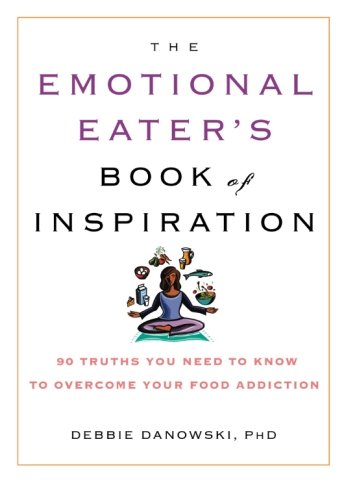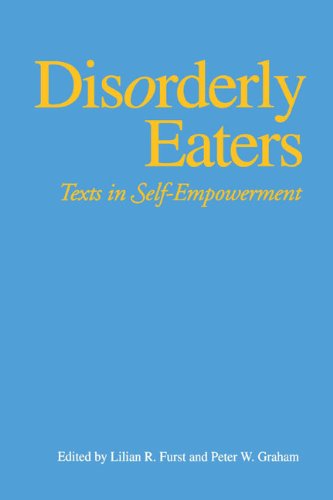
Debbie Danowski weighed in at more than 300 pounds. Years of trying every diet program imaginable left her feeling exhausted, miserable, and hopeless. By realizing the connections between food and emotions, she learned to overcome her food addiction. Now, The Emotional Eater’s Book of Inspiration offers the tips that helped her lose more than 160 pounds — and keep them off for the past seventeen years. One of the biggest hurdles to weight loss and continued success in food-addiction recovery is denial. The Emotional Eater’s Book of Inspiration helps you confront your own “fat lies” by providing 90 essential truths, such as: · You won’t lose one ounce of weight by talking about it. · Dieting is not a competitive sport. · Cleaning your plate will not feed one starving child. · “Free” foods are too expensive. Touching on common challenges faced by everyone who’s wrestled with emotional eating and food addiction, Debbie Danowski empowers you to manage your emotional connections to food, giving you the tools to achieve long-term success.
Product Features
- Used Book in Good Condition


